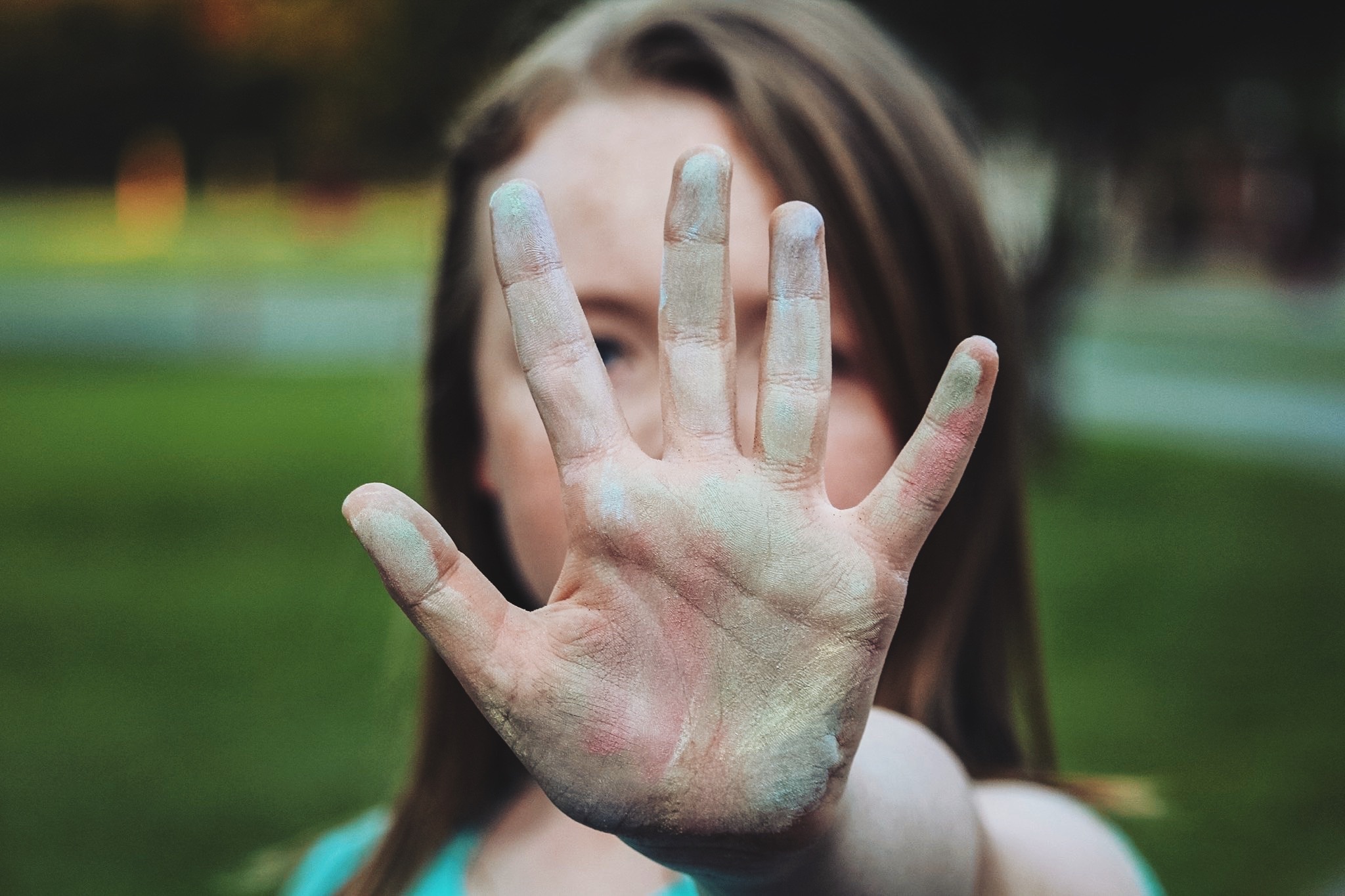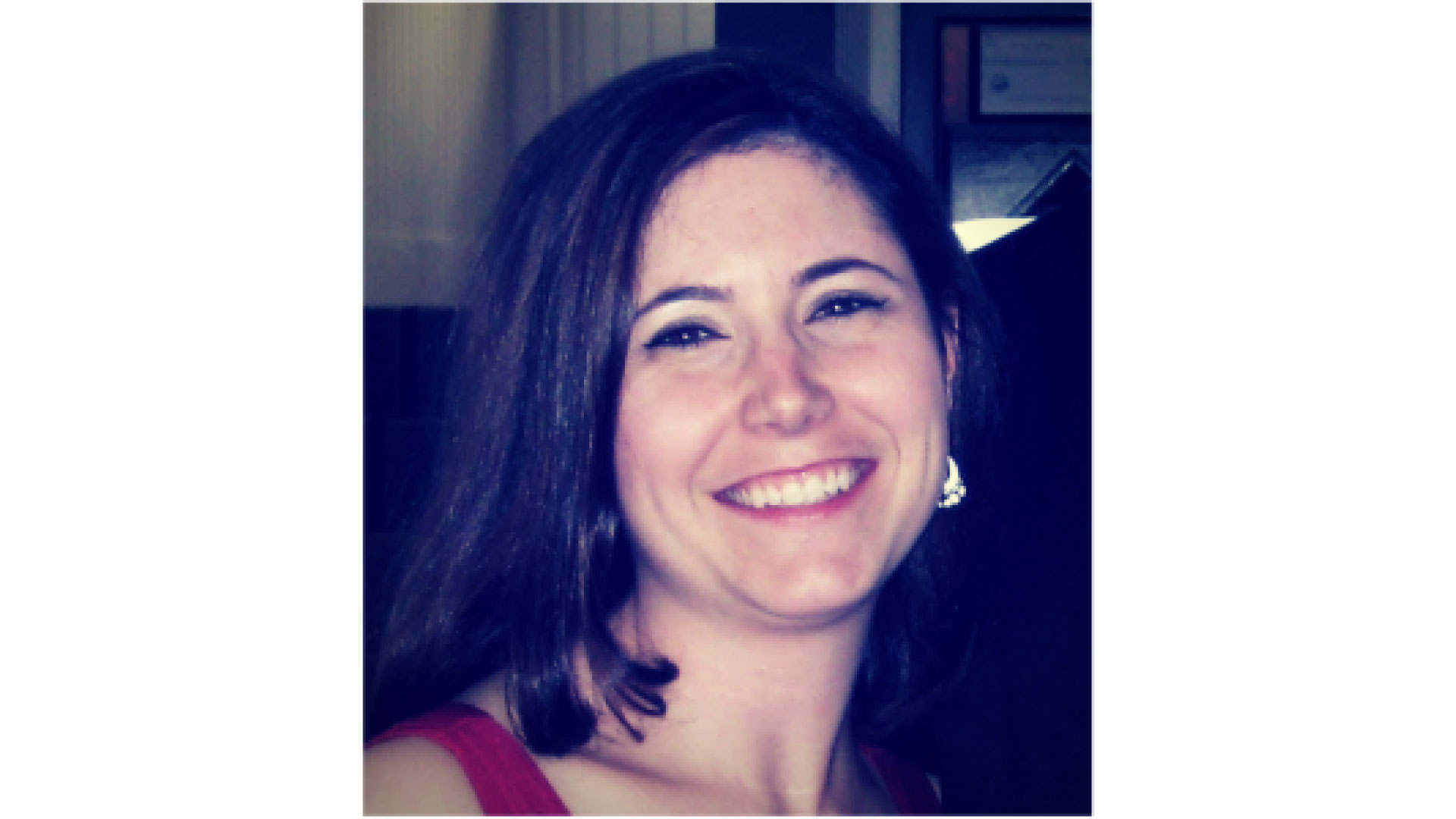It’s a cliché, I think, that cancer gives you a new outlook on life, a renewed appreciation for each day. Inspirational memes about making each moment count abound.
But just because they’re clichés doesn’t make them false. It turns out that facing your own mortality, and all the dark days that are often a part of it, can help create the contrast that makes so many other days so bright.
Getting thyroid cancer – twice – did change my lens on life. When my cancer recurred, I promised my husband over dinner while on a quick pre-treatment getaway that I’d work less at a job where the hours were too long and the environment too toxic – and I did. (And then I found a new job, where I don’t have to fight so hard to work normal hours and I don’t carry anxiety home in my tote bag.)
I took steps to tune in to the good. I practiced gratitude, writing lists of things I was thankful for every day. I got high on the endorphins that running brings. I cooked good food and drank good wine.
But cherish every minute, and make the most of every day? Nope. Not while I was in active treatment, and not today, years later. That’s a lot to ask of a person, and a lot of time to be “on.” It’s a standard I can’t meet. I had cancer, but I’m no Pollyanna.
Because some days I just want to veg out. I want to hang out in sweatpants and watch too much TV and eat food that’s not particularly good for me. They’re days that I know I won’t have much to show for. I won’t have made the most of every minute.
And then there are the less-than-good days — the days where I’ve slept little the night before, where my patience wears thin, where the food spills on the floor AGAIN. They’re the days when nitpicking replaces gratitude, when I’m too short with everyone in my house, when I yell too much. Rather than cherishing them, they’re the days that I’d just as soon forget.
Sometimes I feel guilty when I hear someone say that cancer has made them grateful for every minute. I’m happy for them, and puzzled for myself. What’s wrong with me that cancer didn’t leave infinite patience and grace in the place of my now-missing thyroid? That I continue to get annoyed in traffic and sigh in long lines, and yes, even still sweat the small stuff?
And then I cut myself some slack. I remind myself that I wasn’t perfect before cancer, and I’m not perfect now. And I try to remember, after I watch some mindless TV, to write a few good things in my gratitude journal.
How do you live through your young adult cancer survivorship?






